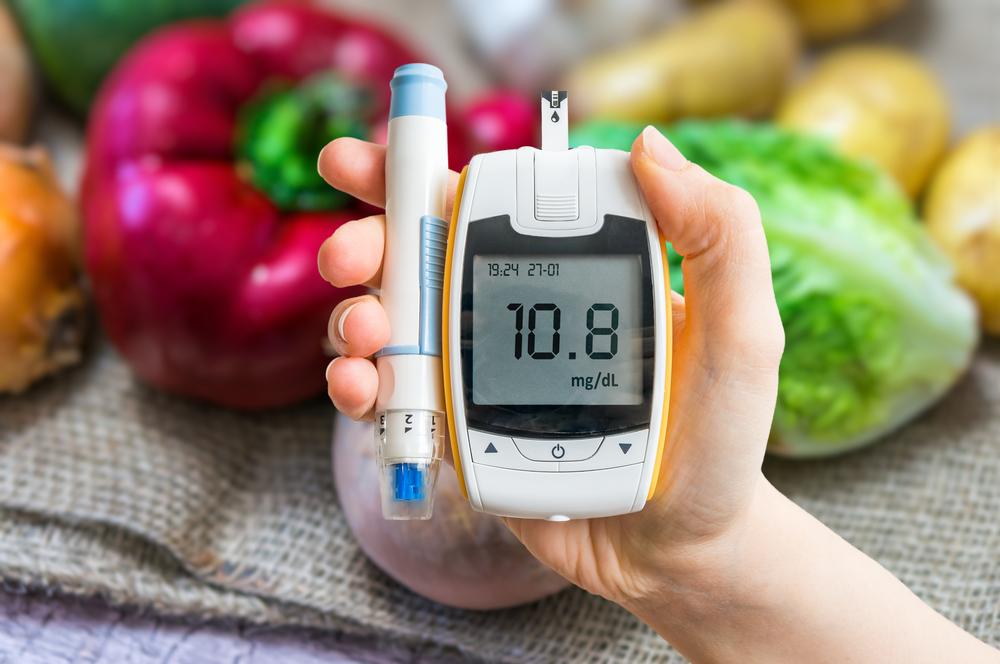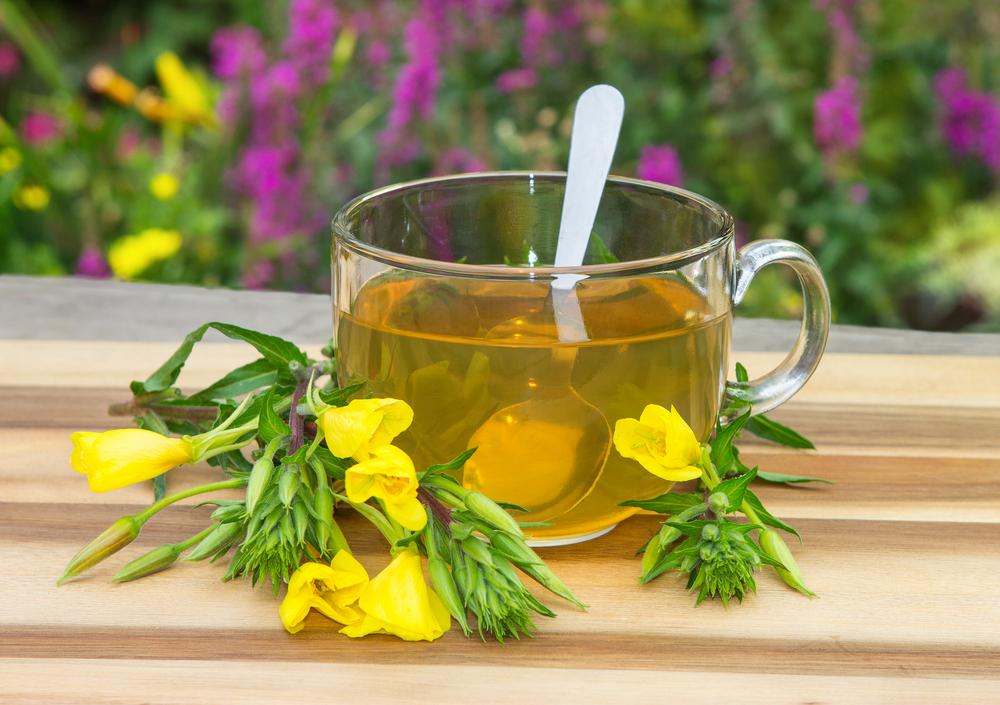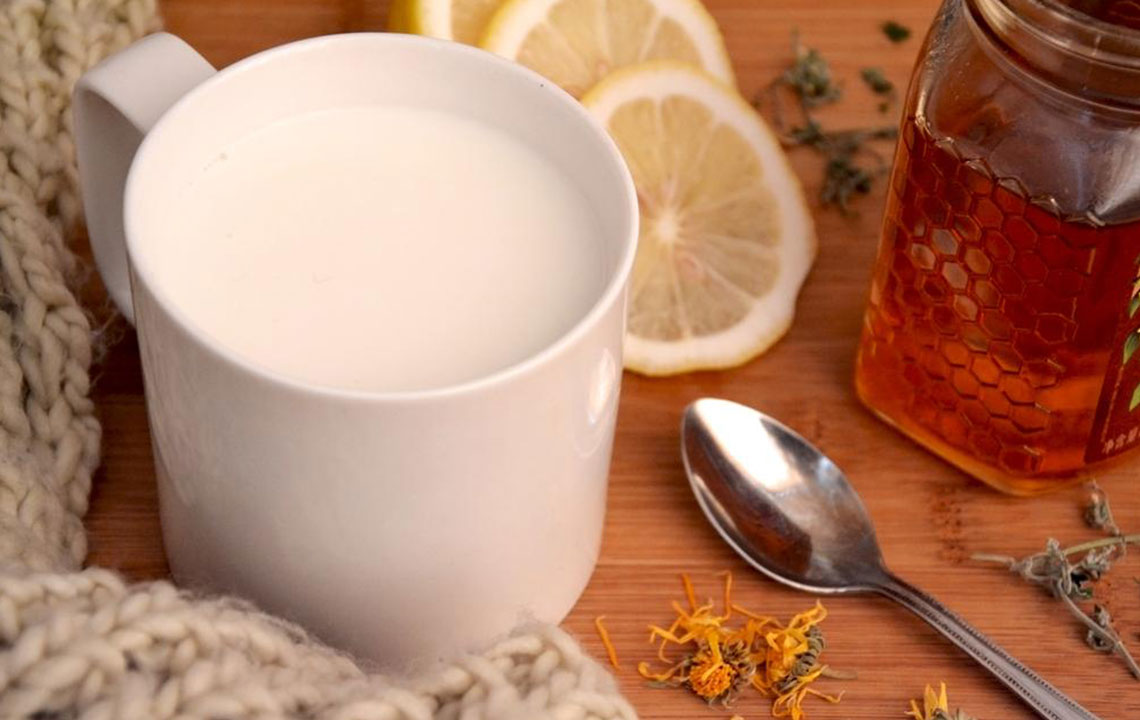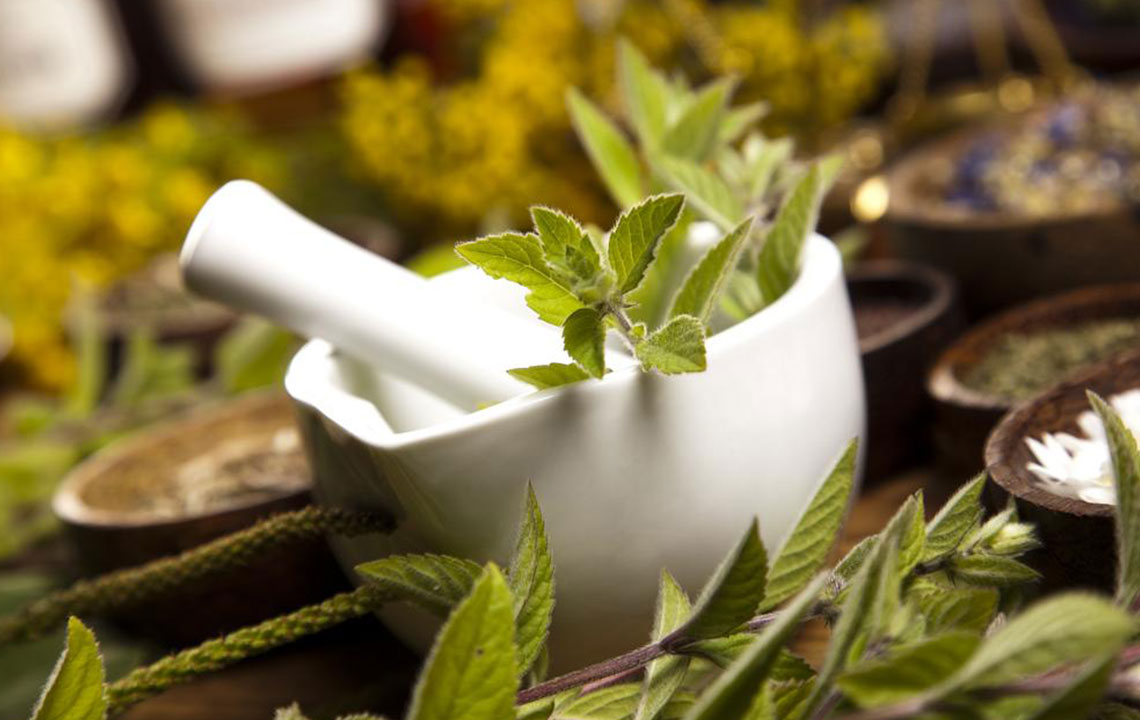Effective Natural Methods for Diabetes Prevention and Management
Discover comprehensive natural approaches to prevent and manage diabetes effectively. Learn about herbal remedies, dietary modifications, and lifestyle tips that support blood sugar control and promote overall health. Empower yourself with safe, natural strategies backed by traditional wisdom and scientific research to enhance your well-being.
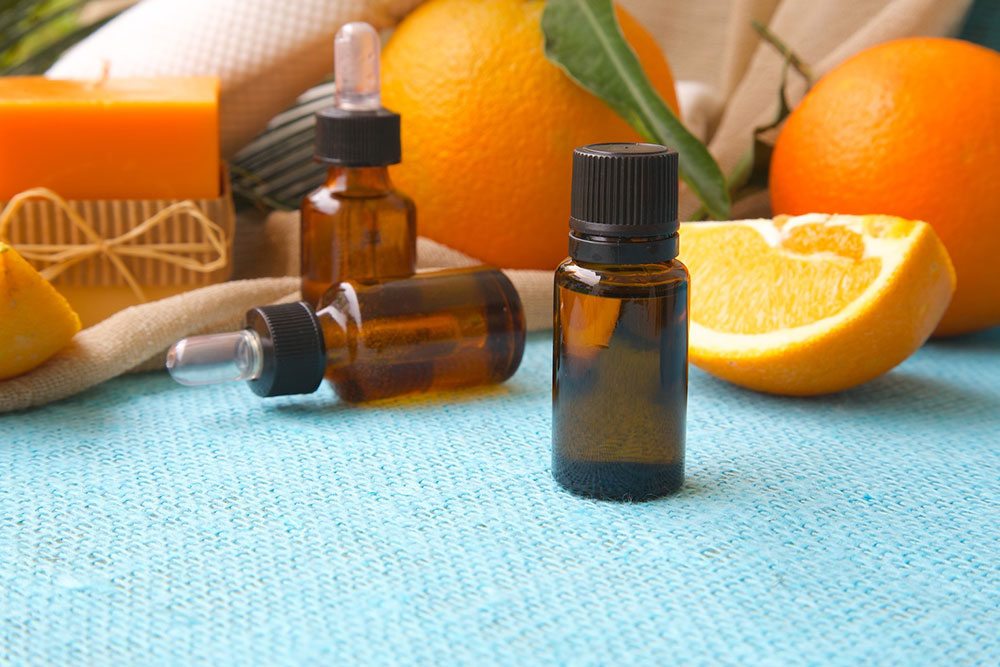
Holistic Natural Strategies to Prevent and Manage Diabetes
Diabetes mellitus is a prevalent chronic condition affecting millions worldwide. While genetics do play a role in the development of this metabolic disorder, lifestyle choices significantly influence its onset and progression. Poor diet, chronic stress, physical inactivity, disordered sleep patterns, and exposure to environmental toxins are prominent contributing factors. As awareness grows, many individuals are turning to natural and herbal remedies alongside conventional treatments to better control blood sugar levels and improve overall health. Understanding and incorporating these home-based approaches can empower people to manage their condition effectively, reduce dependency on medication, and promote long-term well-being.
Natural remedies and dietary modifications can be powerful tools in diabetes management. Here's an in-depth look at some of the most effective natural strategies and herbal solutions supported by traditional knowledge and recent scientific research.
Dietary Adjustments and Herbal Remedies to Support Blood Sugar Control
Incorporating bitter gourd (Momordica charantia) into your daily diet is highly recommended. Its bioactive compounds, such as charantin and polypeptide-p, have been shown to lower blood glucose levels naturally. Consuming bitter gourd as a vegetable, juice, or supplement can help improve insulin sensitivity and reduce hyperglycemia.
Fenugreek (Trigonella foenum-graecum) seeds are rich in soluble fiber and compounds that help regulate blood glucose. Soaking fenugreek seeds overnight and including them in meals can enhance insulin response and reduce blood sugar spikes.
Traditional use of fresh mango leaves has been linked to better blood sugar management. Dried mango leaves can be boiled to make a tea that supports glucose regulation, benefiting those with prediabetes or type 2 diabetes.
Moringa Oleifera (also known as drumstick tree) leaves are packed with antioxidants, anti-inflammatory agents, and nutrients that promote stable blood glucose levels. Incorporating dried or fresh moringa leaves into meals or smoothies can be a natural way to boost energy and support metabolic health.
Opting for low glycemic index (GI) foods such as oats, legumes, non-starchy vegetables, and lean proteins helps maintain consistent blood sugar levels. These foods digest more slowly, preventing sudden spikes after meals.
Adding apple cider vinegar to salads, or diluting in water, may enhance insulin sensitivity and reduce post-meal blood sugar surges. Research indicates that acetic acid can delay gastric emptying and improve metabolic responses.
Cinnamon is a spice renowned for its ability to improve insulin function. Regular inclusion in meals has been associated with a reduction in blood sugar levels by approximately 29%, especially when used to slow carbohydrate absorption.
Increasing dietary fiber intake, particularly from vegetables like barley, beans, and other whole grains, supports gradual glucose absorption and stabilizes blood sugar. Aim for at least 30 grams of fiber daily.
Chromium, a trace mineral, plays a vital role in enhancing insulin action. Consuming chromium-rich foods such as broccoli, nuts, and whole grains, or taking supplements after consulting a healthcare provider, may improve glucose utilization.
Meanwhile, zinc is essential for insulin synthesis and secretion. Foods like eggs, dairy products, red meats, and pumpkin seeds are excellent zinc sources and should be part of a balanced diet for better blood sugar regulation.
Aloe vera gel or extract has been studied for its potential to stimulate insulin secretion and improve blood glucose control. Carefully sourced aloe vera supplements may complement dietary strategies.
Herbs containing berberine, such as goldenseal, Oregon grape, and Coptis chinensis, exhibit significant hypoglycemic properties. These should be used with caution, especially avoiding during pregnancy and under medical guidance due to potential interactions.
Regular consumption of green and black teas can be beneficial in reducing the risk of developing type 2 diabetes. The polyphenolic compounds in tea act as antioxidants and improve glucose metabolism.
Additional Lifestyle Tips for Better Blood Sugar Management
Alongside these natural remedies, lifestyle modifications are essential for comprehensive management of diabetes. Regular physical activity, such as walking, swimming, or yoga, enhances insulin sensitivity and promotes weight management. Adequate sleep and stress reduction techniques like meditation or deep breathing exercises also contribute to balanced blood glucose levels. Monitoring your blood sugar regularly helps to understand how your diet and activities influence your condition, enabling personalized adjustments. Avoiding processed foods, excess sugars, and refined carbs minimizes blood sugar fluctuations. Staying hydrated with water and limiting alcohol intake supports metabolic health.
Ultimately, adopting these natural, holistic strategies can significantly improve your quality of life and contribute to the prevention and effective management of diabetes. Always consult healthcare professionals before making significant dietary or supplement changes, especially if you are on medication or have other health conditions.
